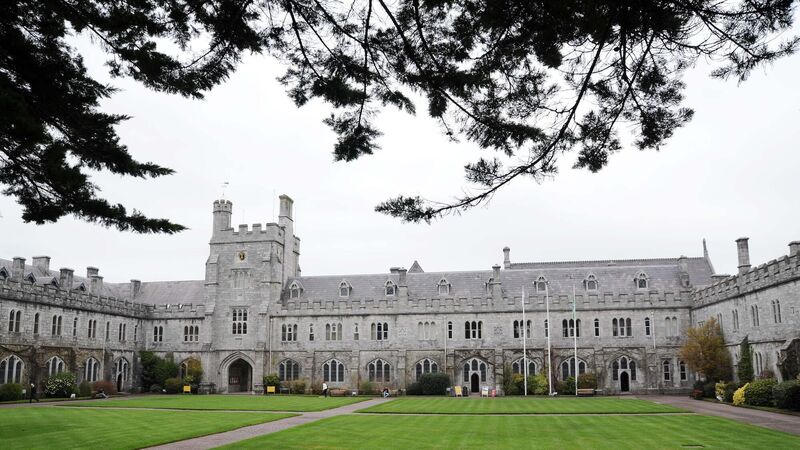Third-level €3k fee to be cut and student loans ruled out

A student loan system was one of three funding options set out in a 2016 expert report. With Higher Education Minister Simon Harris formally ruling out that option, the taxpayer will have to dig deeper to resolve the €600m annual underfunding of third-level colleges.
College students will be spared tens of thousands of euro in student loans and are likely to see the €3,000 registration fee reduced under plans being developed by the Government.
Higher Education Minister Simon Harris has won Cabinet approval to rule out a student loan scheme to support future funding of the higher education sector, the can reveal.










